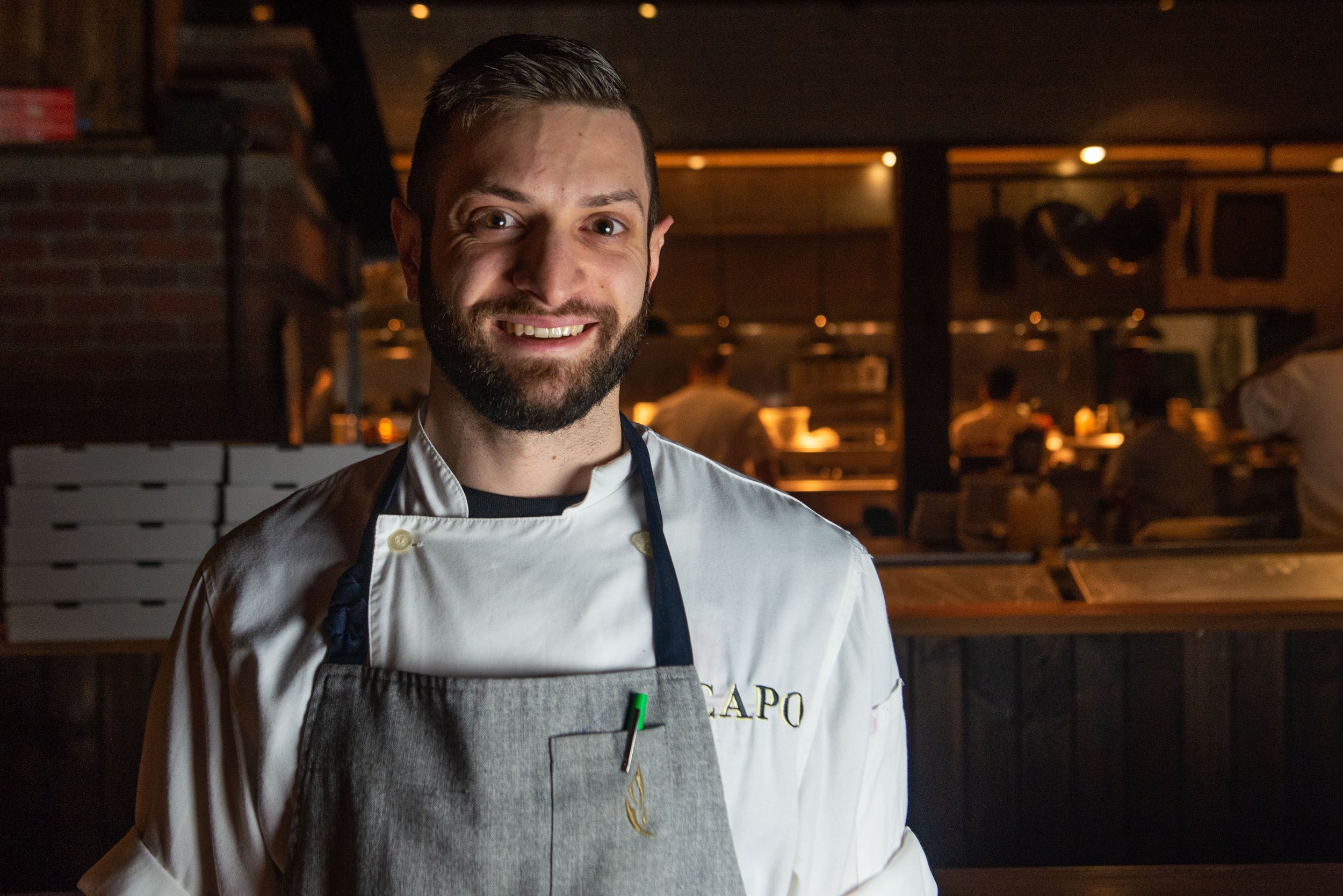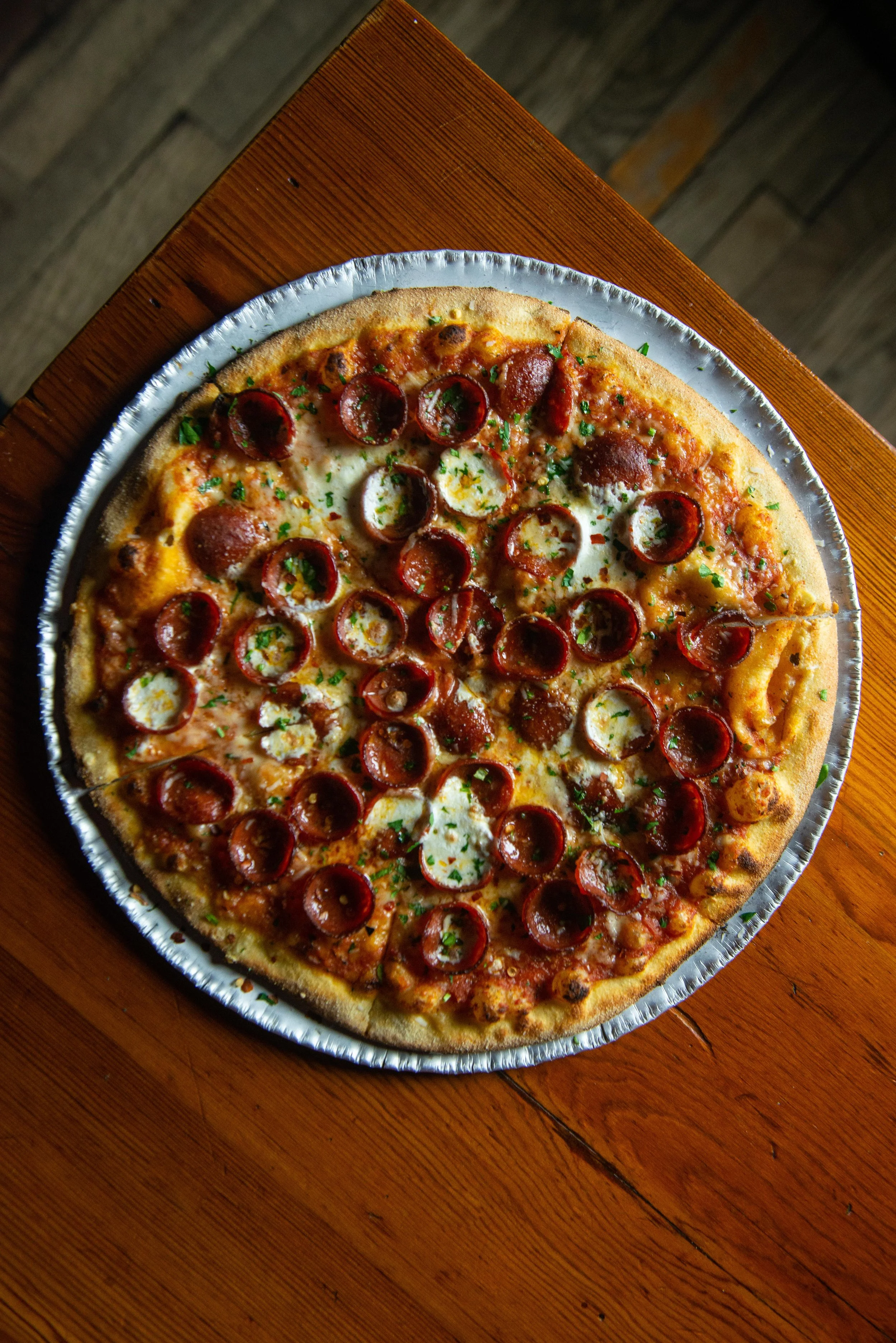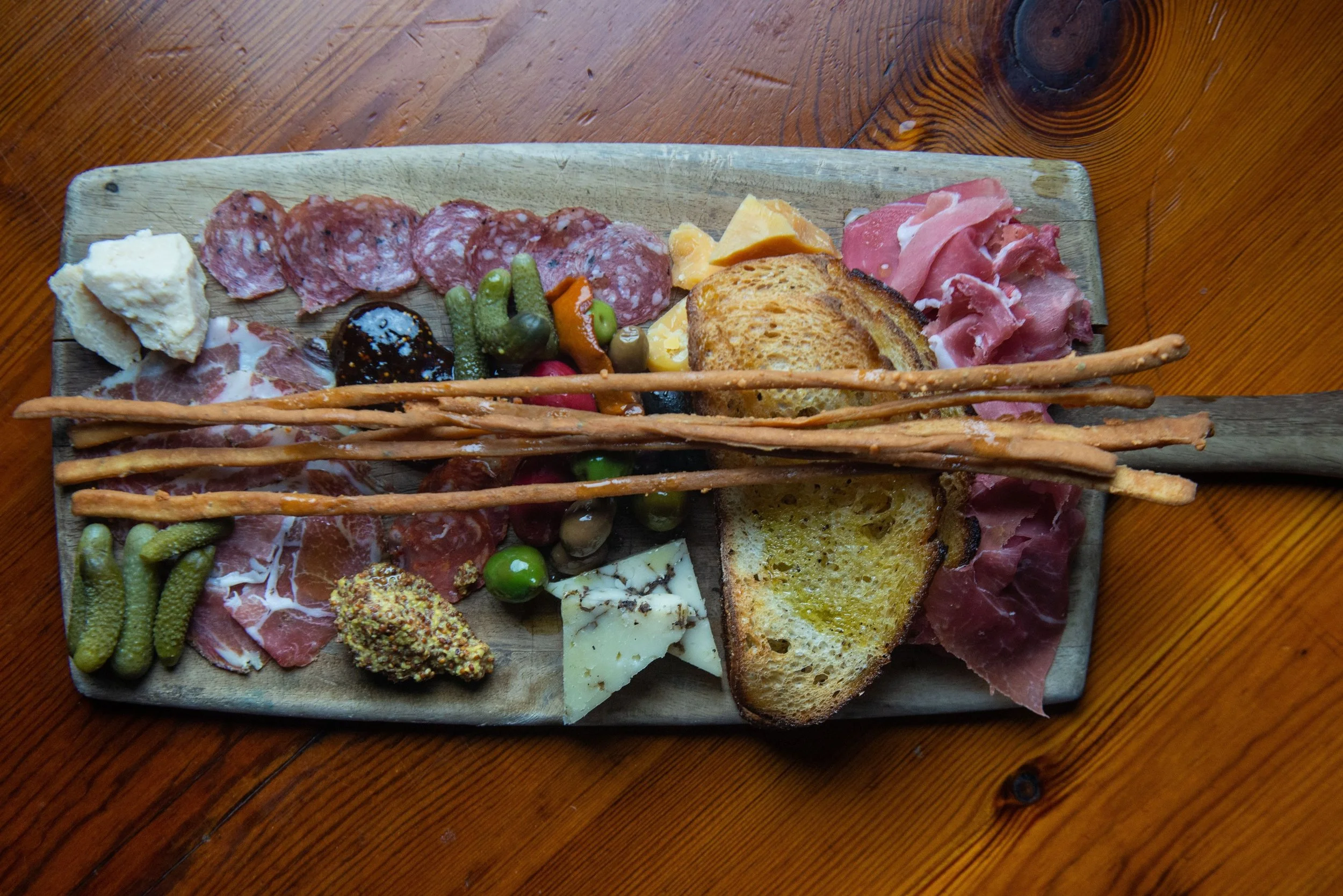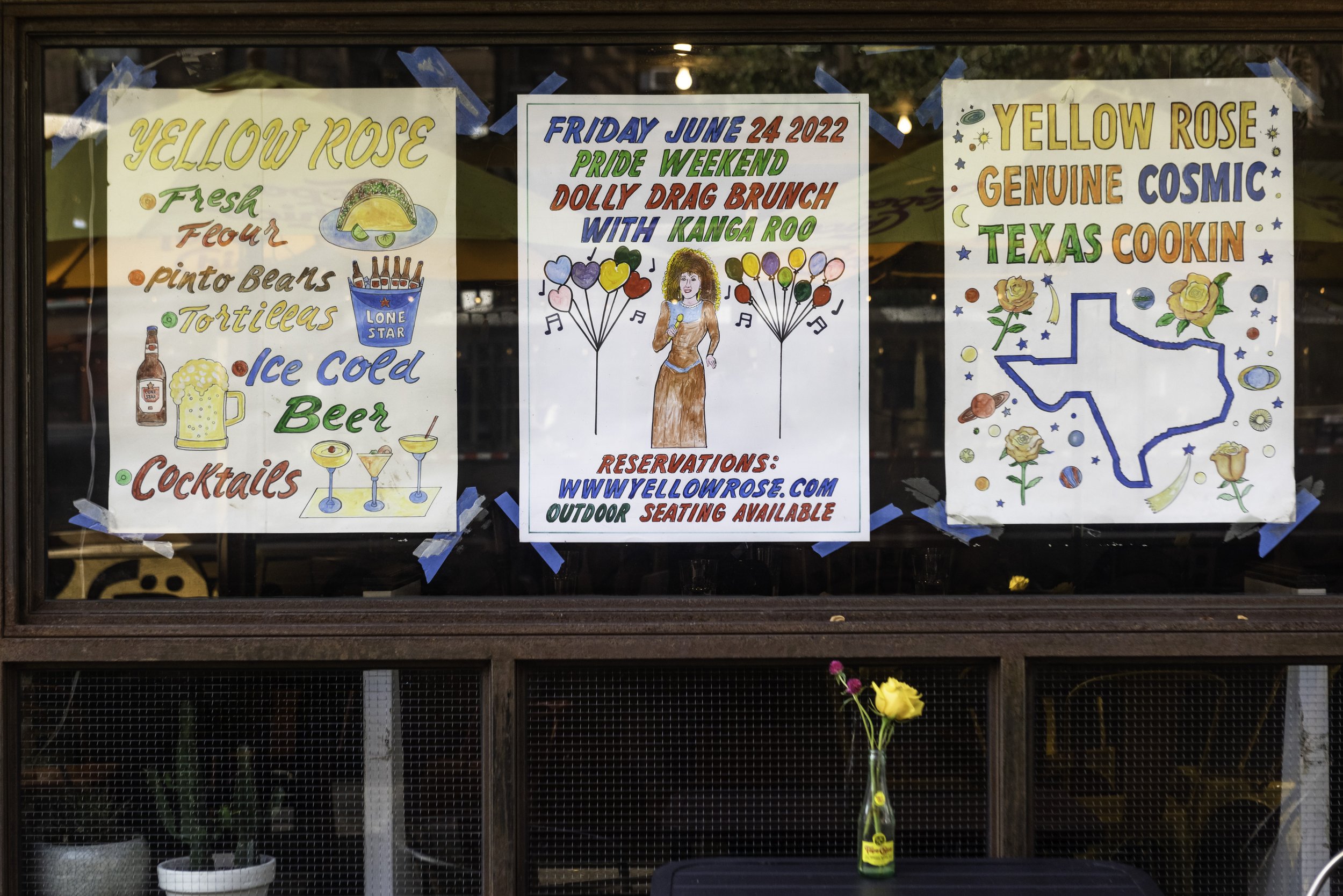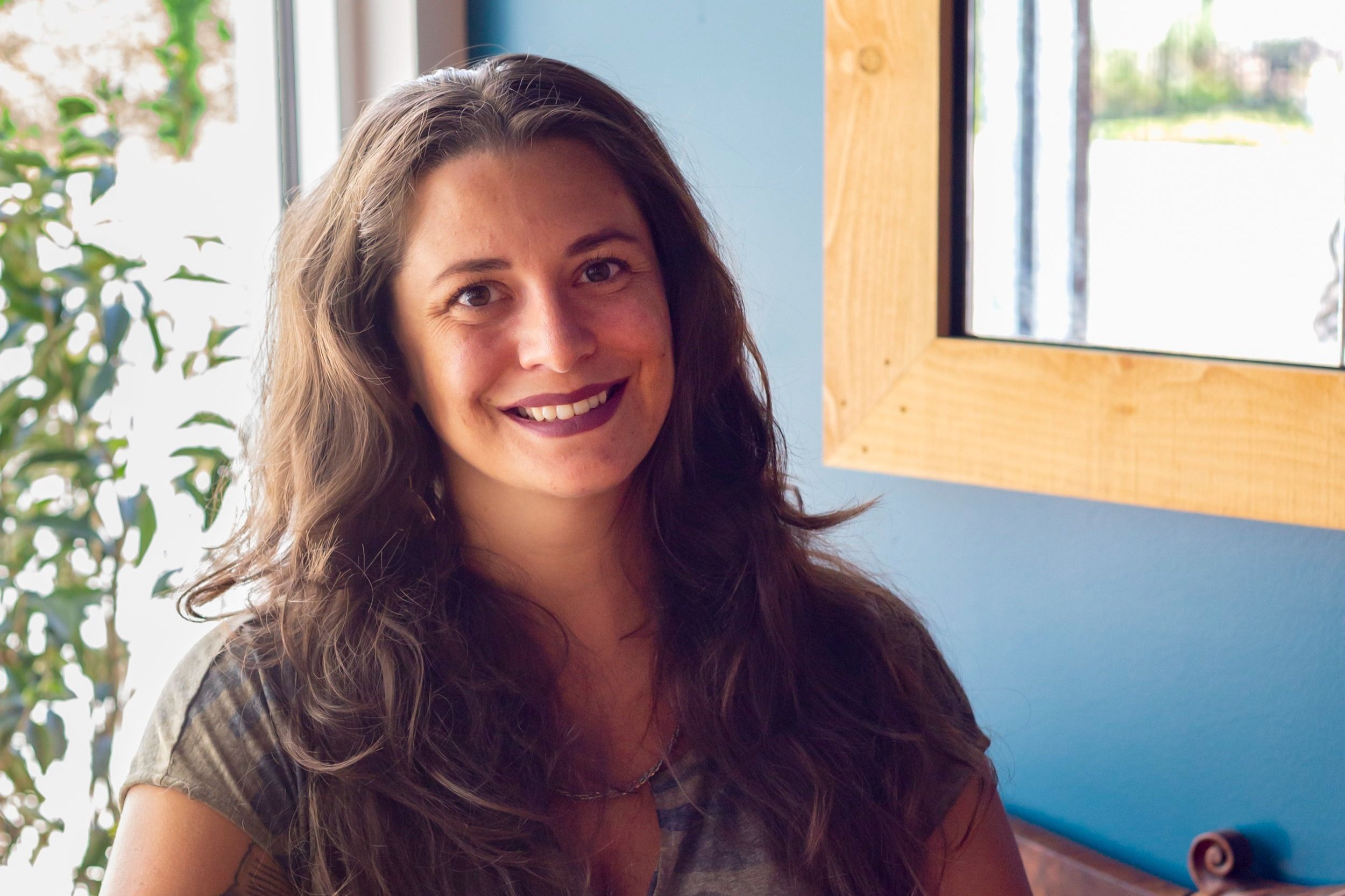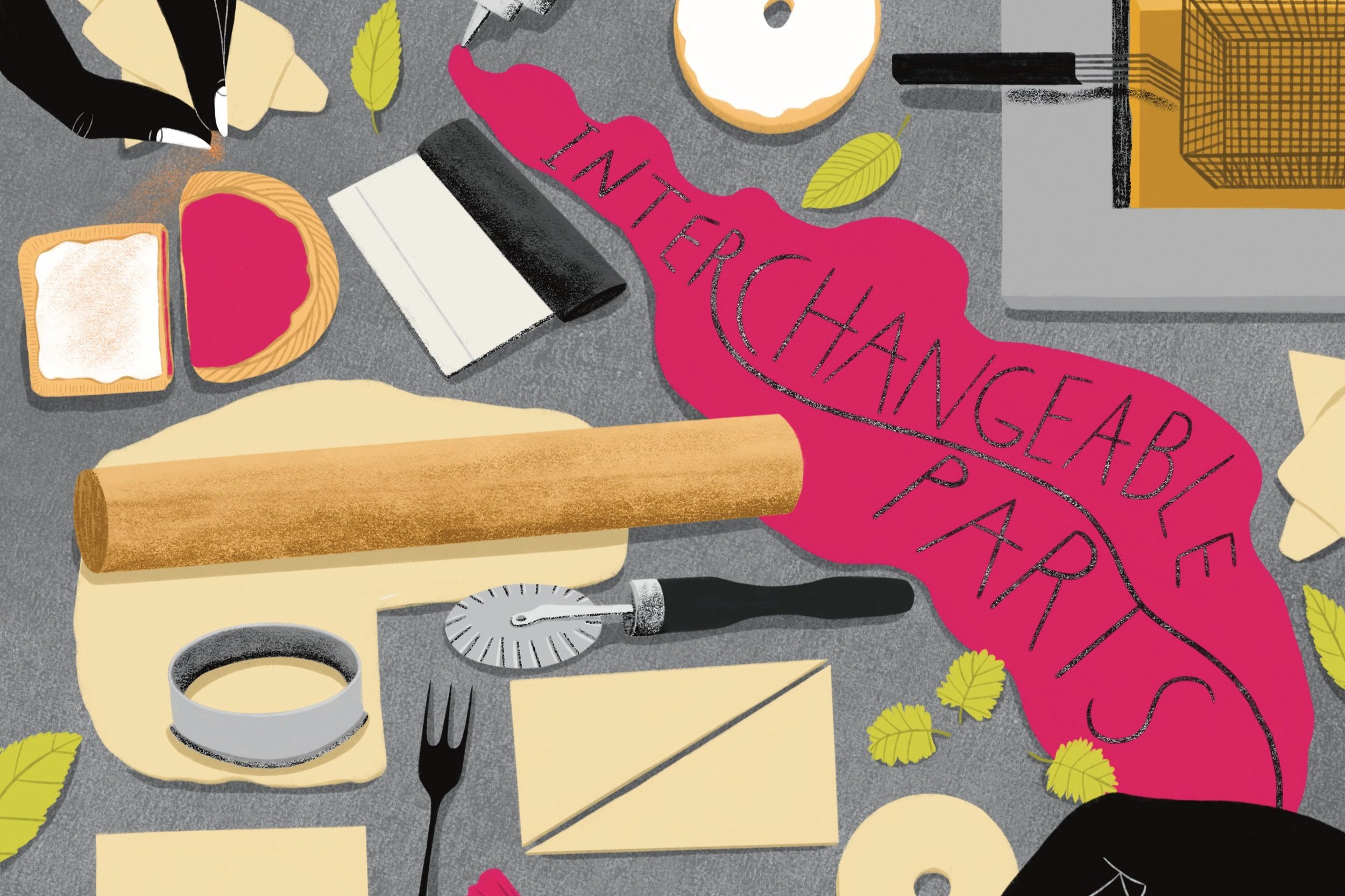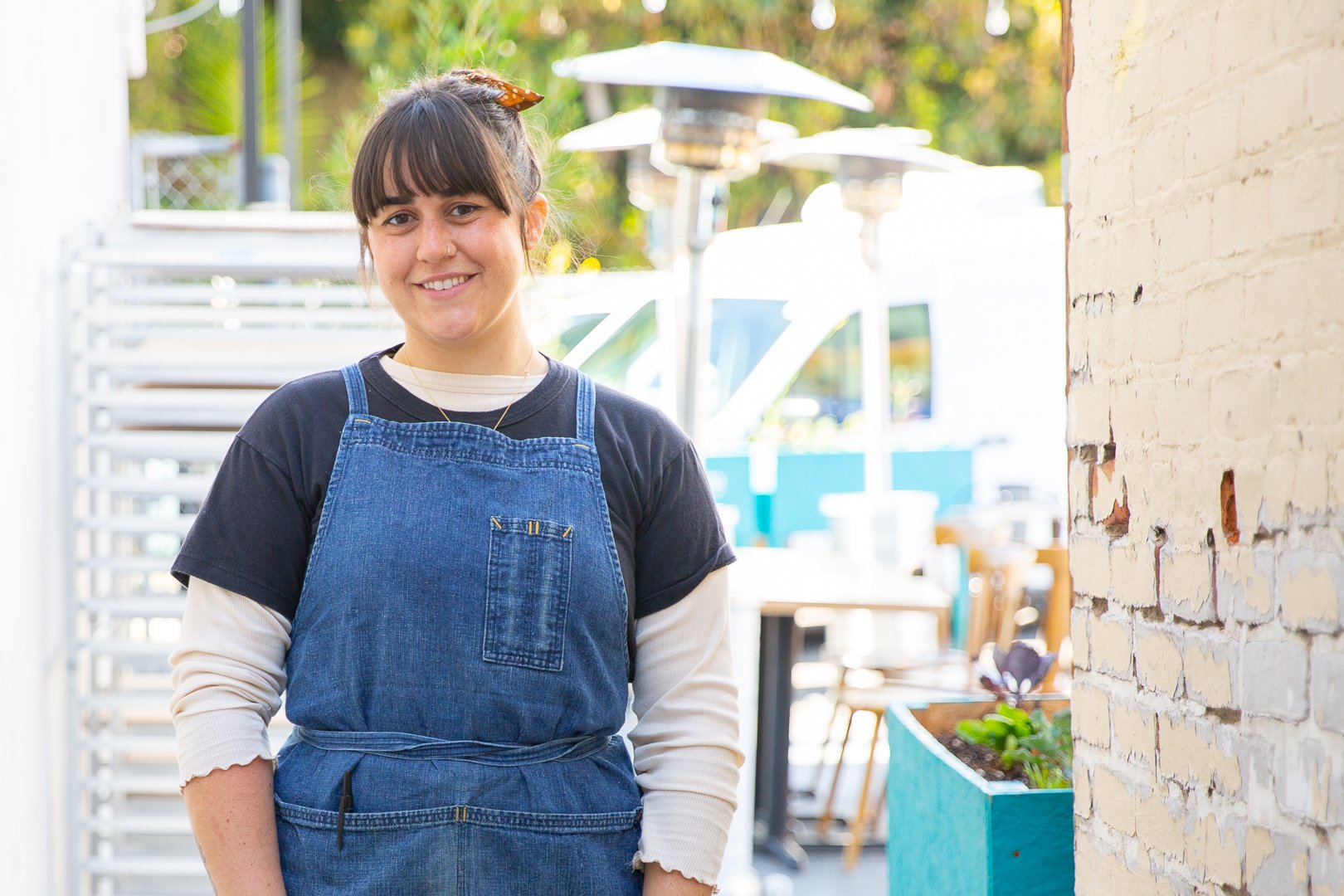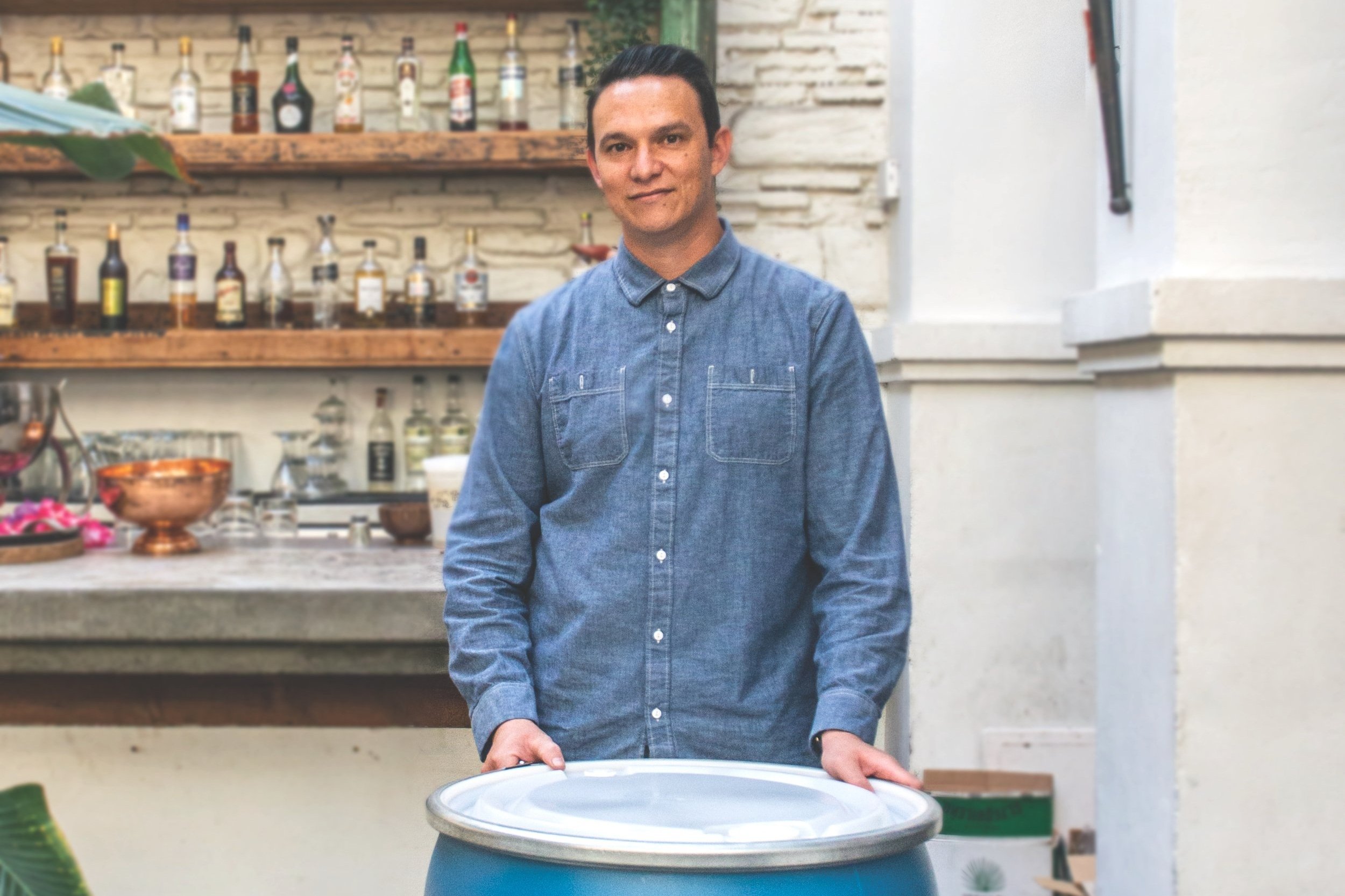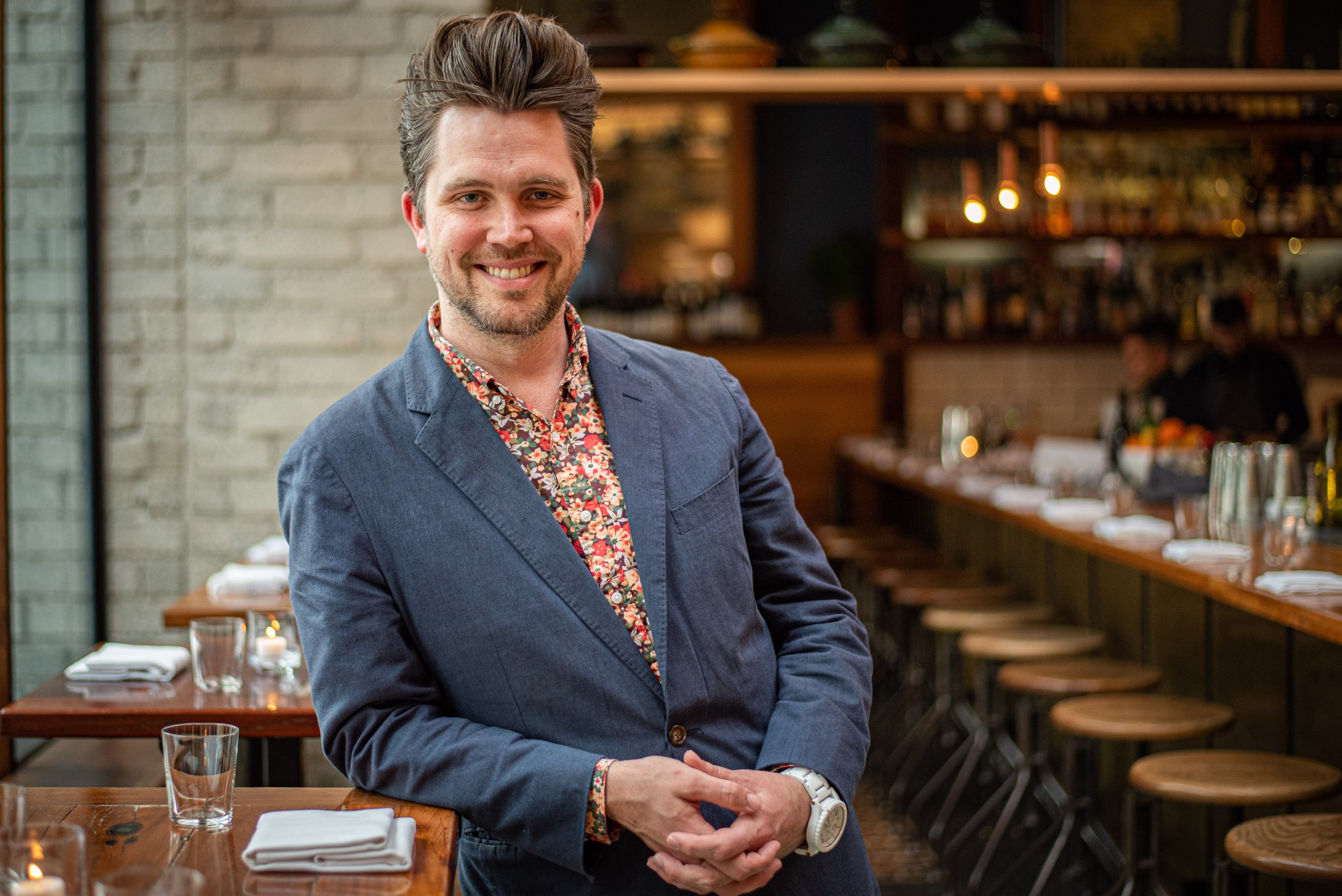Surviving 420 Empty Seats
How Chef Ciro Fodera of Capo pivoted his high-volume behemoth to a successful delivery-only operation in Boston.
Chef Ciro Fodera | Photos: Will Blunt
“When this all went down in Boston, it was right before St. Patrick’s Day, a huge day for South Boston. I had just finished writing our St. Patrick’s Day specials, and we had a manager meeting regarding how we were going to handle the flow of the crowd for the day, pretty standard stuff.
I went out to eat with my girlfriend that night, and they had the TV’s on. The Governor came on and basically just said all indoor dining is going to be canceled until further notice. I immediately broke out into a cold sweat and thought to myself, what happens now?”
Ciro Fodera is the chef de cuisine at the wildly popular, 420-seat Italian restaurant Capo in South Boston. Capo attracts people from all over the city for it’s energetic vibes, wood-fired pizza, and classic Italian dishes. Fodera manages a kitchen staff of more than 40, turning an average of 700 covers on their busiest nights. To have an operation of this magnitude come to a screeching halt is enough to make any chef’s skin crawl. What about the walk-in filled with product? The hours of prep just completed? And most importantly, what about the staff?
With no time to waste, the Capo team went into overdrive. They already had a small takeout system in place and immediately transitioned to takeout only. Fodera signed up for every delivery service available to supplement the system on Capo’s website and good ole fashioned phone orders.
CAPO’S Pepperoni Pizza
“I have never seen the ticket machine print so aggressively. The minute we opened at 5pm, until I had to beg the managers to turn the apps off, it just kept printing tickets. At this point, we were still offering the entire menu for takeout; insane things like tomahawk steaks and whole fish. People were still ordering these more expensive items which really threw me off. We had so many $300 tickets. The volume became impossible to manage. When you have a full restaurant, you can control the flow. But when everyone was ordering home, the floodgates opened. ‘Fire 26 chicken parms!’ That’s something I never thought I would say. This was just the beginning. It turned into a tsunami.”
Fodera and his team had a problem. The wait times for takeout orders were getting longer and Fodera did not feel comfortable with that. After much impassioned discussion, Fodera and his team came to three solutions. (1) Decrease the amount of delivery apps, (2) scale back the delivery radius, or (3) shrink the menu offered for delivery.
“We decided to scale back the radius as step one, which made things more manageable. We went from a four mile radius to a one mile radius. But then we realized the wholesale prices for ingredients in our higher end menu items were fluctuating. So what does that mean cost wise? If filets are double the price, we aren’t making any money on them. I wanted to continue to generate a profit so I could keep all of my cooks on. And my cooks at this point are nervous. All of their second jobs are closing down entirely and they’re just waiting for the same to happen with Capo. I needed to keep my cooks safe and give them peace of mind.”
Fodera was faced with some tough decisions. The kind of decisions that define a chef. Decisions with consequences. Decisions that require leadership and empathy and every ounce of experience a chef has built up over the course of a career. Fodera decided to scale back the menu and focus on comfort foods. And then he had to talk to the staff.
capo’s charcuterie board
“It was the most unsure I’ve ever been about anything. I sat down with each of my cooks individually and told them I would do whatever I could to take care of them and the person next to them on the line. I let them know that it was ok to not feel safe right now and I would see to it that they would have a spot when they did feel safe. Eventually, there was some staff I had to lay off, but it was in order to generate enough revenue so they would have a spot when they came back.”
With a slightly smaller staff, a smaller delivery radius, and a scaled back takeout menu, the team began to find new ways to get product to the people. They rolled out DIY Pizza and Pasta kits, take-and-bake cookie boxes, and easy grab-and-go items like ice cream sandwiches and drumsticks. The kits proved popular, to the tune of 200 a day. That revenue enabled Fodera to bring back a few cooks, leaving just 10 percent of the staff furloughed.
“I love my job. I love what I do. But to feel the appreciation from people having their job is some next level emotion. It’s not just supplying them with a paycheck, it’s supplying them with a means to survive and a sense of normalcy. If you can weather this storm, and just push through, it will pass. Make sure your leadership and morale is intact, because at the end of the day, the people around you are the most important.”

